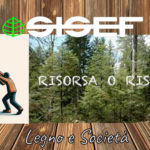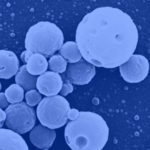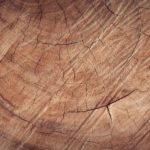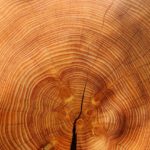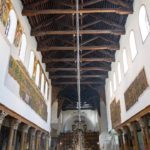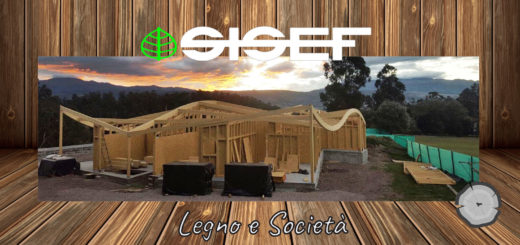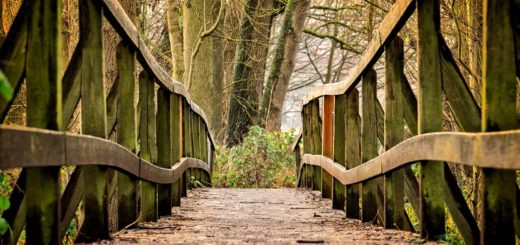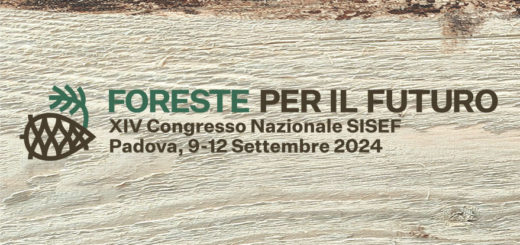Training school: “Wood and charcoals in Mediterranean forest ecology: anatomical identification and functional traits to interpret past and current climate changes”
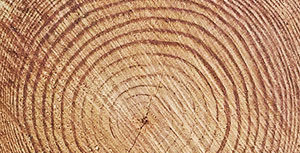
Category: Training School
Event title: Wood and charcoals in Mediterranean forest ecology: anatomical identification and functional traits to interpret past and current climate changes.
Anticipated event location: Department of Agricultural Sciences, University of Naples Federico II, via Università 100, 80055, Portici (Naples), Italy
Anticipated event date/timing: 15/06/2020 – 19/06/2020
Website: Under construction
Aims and scope
The summer school is aimed to present an overview of the methods, tools and approaches for the analysis of plant samples to reconstruct past vegetation dynamics and to evaluate the species plasticity to environmental changes, in order to make projections for the future of Mediterranean forests and shrublands.
Mediterranean ecosystems have long been adapting to pressures caused by human development. Never these pressures have been so extreme as they are now; therefore climate change remains the most significant threat to all Mediterranean forests. Rising temperatures, erratic rain patterns, and longer droughts will significantly alter the cover and distribution of forests and scrublands over the next years. Such environmental changes are leading to increasing forest vulnerability and dieback phenomena: therefore a joint approach among disciplines is needed to educate young generations to achieve a comprehensive approach in the study of adaptive strategies of Mediterranean species starting from the interpretation of past vegetation dynamics.
Within this framework, this summer school is an opportunity to build multi-disciplinary and multi-temporal bridges. A multi-disciplinary approach is the only efficient and accurate way to assess and interpret forest systems dynamics. By joining expertise and efforts from different disciplines, the event will strengthen a novel multidisciplinary approach in the study of Mediterranean ecosystems dynamics, in an unique vision that can be summarized in: learning from past evolutionary trends to forecast future dynamics.
The summer school will focus on the study of wood anatomy, thus it will provide knowledge and tools to study and interpret environmental data inferred from wood and charcoals stored in natural and archaeological contexts in the Mediterranean area. It will be based on an interdisciplinary approach: from wood/charcoal identification to the quantification of wood anatomical functional traits, also including issues about accelerator mass spectrometry (AMS) radiocarbon dating, as well as aspects of paleopedology and geoarchaeology.
The summer school will show how a single sample of ancient wood/charcoal provides data, especially about past climate, human impact, forest history, historical biogeography, dynamics of wood formation in response to human and/or climatic factors in the past. Sketches on the evolutionary history of Mediterranean species will be provided. A specific focus will be also presented on the emergence of woodiness during the evolution as a way to face drought stress. Finally, aspects of soil genesis and reconstruction of geomorphological evolution will be treated.
Therefore this summer school is:
- relevant for students in archaeology, biology and forest science
- timely considering the need for an integrated management of Mediterranean forests starting from understanding past adaptation and resilience
- novel because of the challenge of joining together different communities of archaeology, paleobotany, botany, soil and forest science in a common effort to achieve a comprehensive understanding of Mediterranean forest dynamics.
The summer school will introduce the following main topics: evolutionary history of Mediterranean species; charcoal preparation, identification and use as proxies; wood sample preparation for microscopy, measurement of anatomical traits and functional interpretations; radiocarbon dating of samples; adaptive strategies to achieve efficiency and safety of water flow; specific aspects of soil genesis and reconstruction of geomorphological evolution.
The summer school will include theory, fieldwork (at the ruins of the ancient town of Herculaneum and in the Gussone forest), and hands-on laboratory sessions. Students will be involved in all aspects of sample collection, preparation and analysis, as well as in data interpretation. The summer school is open to young researchers (PhD students and Post-Docs) worldwide. The school will start on a Monday afternoon, to allow people reaching the venue on Monday morning, and will end on Friday at lunchtime after a short session in which each participant will have the possibility to share his/her ideas and ongoing or future projects.
Anticipated number of participants
Participation is competitive and will be limited to a maximum of 30.
Lecturers / Invited speakers
Veronica De Micco, Gaetano Di Pasquale, Paolo Cherubini, Claire Delhon, Frederic Lens, Fabio Scarciglia, Carmine Lubritto, Angela Balzano
Veronica De Micco (female)
University of Naples Federico II
Dept. Agricultural Sciences
Division of Plant Biology and Crop Science
via Università 100
80055 Portici (Naples), Italy
Phone: +39 081 2532026
e-mail: demicco@unina.it
Gaetano Di Pasquale (male)
University of Naples Federico II
Dept. Agricultural Sciences
via Università 100
80055 Portici (Naples), Italy
Phone: +39 081 2539237
e-mail: gaetano.dipasquale@unina.it
Paolo Cherubini (male)
WSL Swiss Federal Institute for Forest, Snow and Landscape Research
CH-8903 Birmensdorf
Switzerland
Adjunct Professor
The University of British Columbia
Vancouver BC
Canada
Claire Delhon (female)
CEPAM – UMR 7264 du CNRS Equipe GReNES
Université Nice Côte d’Azur
Pôle Universitaire Saint Jean d’Angély – SJA 3
24, avenue des Diables Bleus F – 06300 Nice, France
claire.delhon@cepam.cnrs.fr
33 (0)4 89 15 24 02
Frederic Lens (male)
Naturalis Biodiversity Center
Darwinweg 2
Postbus 9517, 2300 RA Leiden
Leiden, The Netherlands
e-mail: frederic.lens@naturalis.nl
Fabio Scarciglia (male)
Department of Biology, Ecology and Earth Sciences
University of Calabria
87036 Arcavacata di Rende (CS) – Italy
PHONE: +39 0984/493549
e-mail: fabio.scarciglia@unical.it
Carmine Lubritto (male)
Department of Environmental, Biological and Pharmaceutical Sciences and Technologies
Vanvitelli University,
Viale Abramo Lincoln n. 5 – 81100 Caserta Italy
Phone: +39 0823274651
E-mail: carmine.lubritto@unicampania.it
Angela Balzano (female, early career scientist)
Univerza v Ljubljani / University of Ljubljana
Biotehniška fakulteta / Biotechnical Faculty
Oddelek za lesarstvo / Department of Wood Science and Technology
Jamnikarjeva 101, SI-1000 Ljubljana, Slovenija / Slovenia
Naslov za obisk / Visiting address: Rožna dolina, Cesta VIII/34
e-mail: Angela.Balzano@bf.uni-lj.si
Contact details
Veronica De Micco
via Università 100
80055 Portici (Naples)
Italy
demicco@unina.it
Info Autori
SAFE, Scuola di Scienze Agrarie, Forestali, Alimentari ed Ambientali

